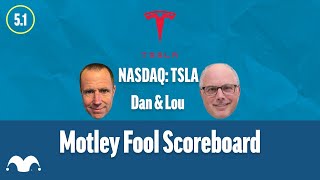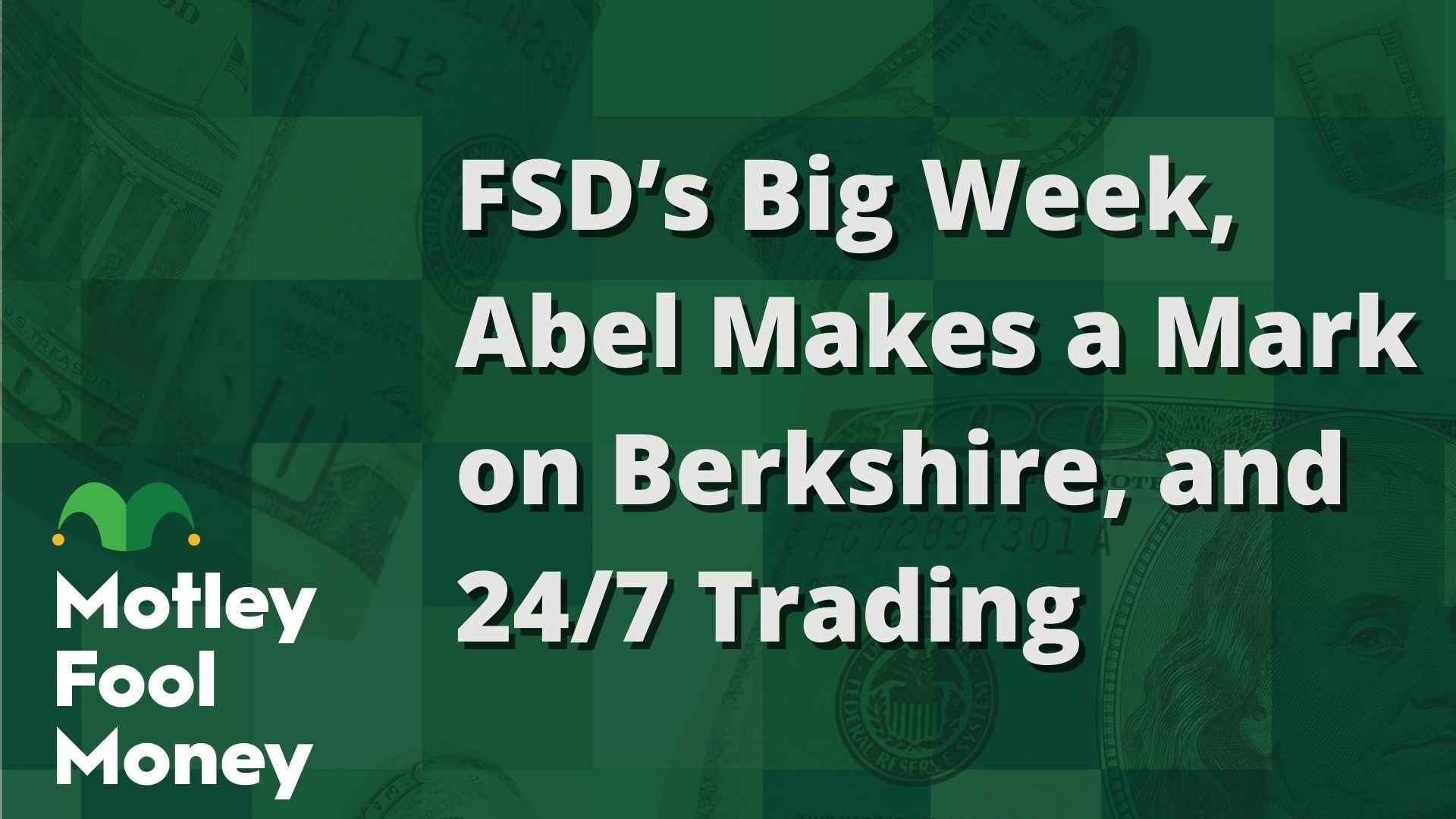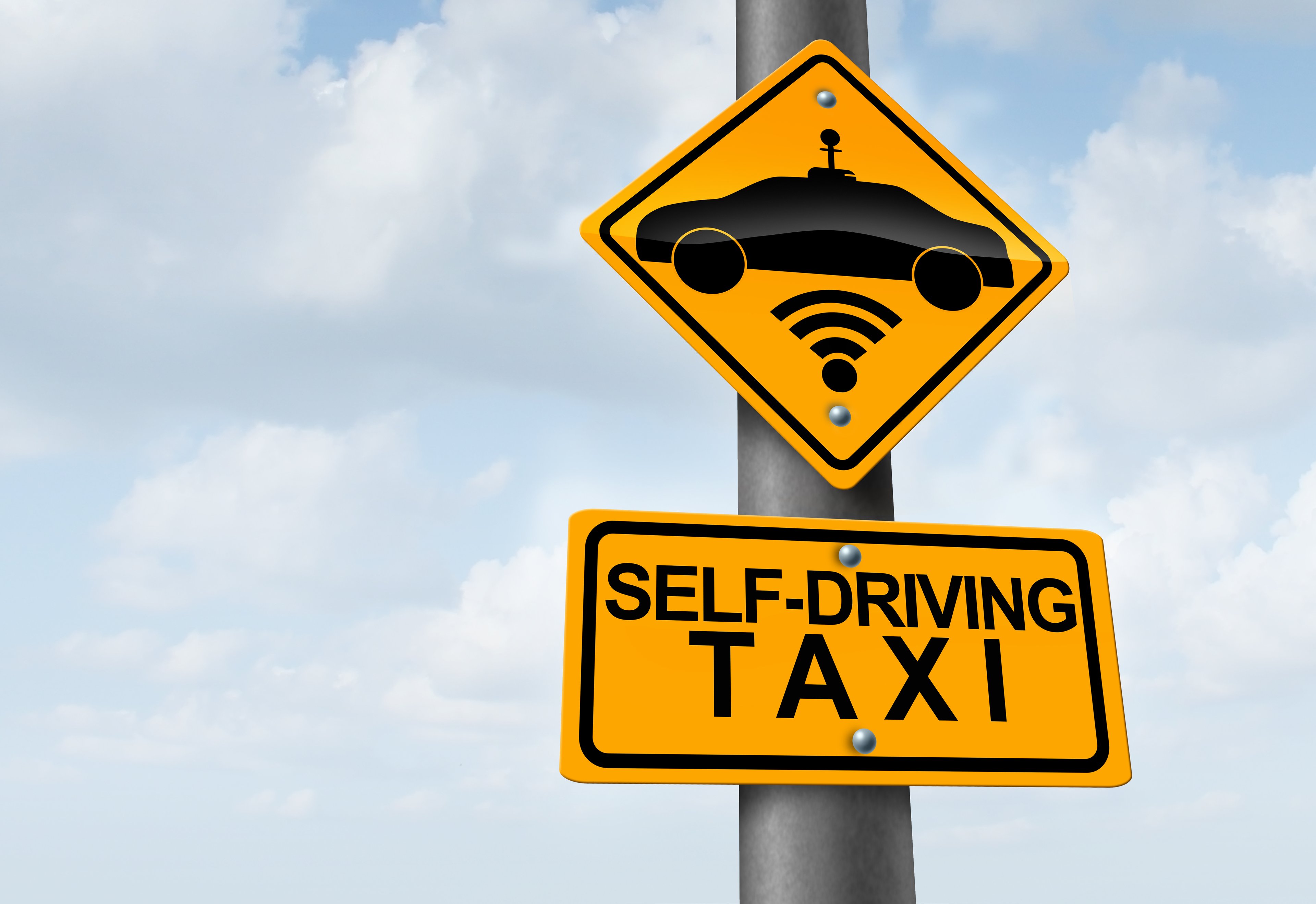Tesla (TSLA 3.76%) is a leading manufacturer of electric vehicles (EVs), but the company is currently experiencing a sales slump that is putting severe pressure on its financial results. That hasn't deterred Ark Investment Management, which is run by investor Cathie Wood, because the firm predicts Tesla stock will reach $2,600 by 2029, implying an eye-popping potential upside of 650%.
But EVs aren't the reason for Ark's bullish viewpoint. The firm believes Tesla will become a leading producer of self-driving cars, unlocking new opportunities in areas like autonomous ride-hailing, which could add hundreds of billions of dollars to the company's revenue over the long term.
But before investors race off to buy Tesla stock based on Ark's juicy price target, there are some risks to consider.

Image source: Tesla.
Tesla's sales slump spells trouble
Tesla delivered 1.79 million EVs during 2024, representing a 1% decline compared to the previous year. It was the first time sales shrank on an annual basis since the company launched its flagship Model S in 2011, which set off alarm bells for many investors. Unfortunately, the sales slump has worsened in 2025, because the 720,803 EVs Tesla delivered during the first six months represented a whopping 13% drop from the year-ago period.
EV sales account for 74% of Tesla's revenue, so this trend is concerning. The company's top line declined by 9% year over year in the first quarter, and then by an accelerated pace of 12% in the second quarter.
Competition is a key reason for Tesla's sales slump, with consumers opting for more affordable EVs from brands like China-based BYD. In Germany, which is one of Europe's top EV markets, Tesla's sales plummeted by 55% in July despite EV sales growing by 58% overall across the country. BYD, on the other hand, saw sales increase almost fivefold in Germany at the very same time.
In other words, Tesla is rapidly losing market share. The company plans to compete by launching a low-cost EV based on its popular Model Y platform, but it only just entered production, so it could be a while before it makes a real impact.
Ark is focused on autonomous vehicles
Tesla CEO Elon Musk believes the future of the automotive industry is autonomous, and Ark agrees. The company developed its own full self-driving (FSD) software, which is currently available for supervised use on public roads. It paired this technology with passenger EVs like the Model Y, and started trialing an autonomous ride-hailing service in Austin, Texas, back in June.
Tesla plans to roll out an entirely new EV platform called the Cybercab next year, which will run solely on FSD, so it won't come with pedals or even a steering wheel. This robotaxi will haul passengers around the clock, creating a potenitally high-margin revenue stream for the company. In fact, Ark believes Tesla will generate $1.2 trillion in annual revenue in 2029, with 63% ($756 billion) coming from autonomous ride-hailing alone.
But regulators are still evaluating Tesla's proposal of a full Cybercab launch, because Tesla's FSD software isn't approved for unsupervised use anywhere in the U.S. right now. A human operator is required to sit in the passenger seat of each ride-hailing trip facilitated by Tesla at the moment, which comes at a significant cost.
Unfortunately, that means the company is lagging behind competitors like Alphabet's Waymo, which is already completing over 250,000 unsupervised, fully autonomous trips every week across five U.S. cities.

NASDAQ: TSLA
Key Data Points
Take Ark's forecast with a grain of salt
Elon Musk seems to thrive on proving the doubters wrong, so it would be foolish to bet against him. But Tesla stock is trading at a dizzying valuation right now, which could be a barrier to further upside from here.
Based on the company's trailing-12-month earnings per share (EPS) of $1.67, Tesla stock is trading at a price-to-earnings (P/E) ratio of 207. Therefore, it's a whopping 6 times more expensive than the Nasdaq-100 index, which is trading at a P/E ratio of 32.6 as I write this.
Tesla's EPS shrank through the first two quarters of this year, which makes its valuation even harder to justify -- a company with declining earnings typically attracts a below-market valuation multiple, not a premium.
As a result, it's very difficult to imagine Tesla stock climbing by 650% by 2029, as Ark expects it to. Of course, it could happen if the company's annual autonomous ride-hailing revenue reaches $756 billion within the next four years, but since it's practically zero today, I think that's very unlikely.
There is no guarantee FSD will win regulatory approval nationwide (not to mention worldwide), and nobody knows whether consumers will actually adopt Tesla's ride-hailing network over popular alternatives like Uber.
When you combine the above uncertainties with Tesla's shrinking EV sales, it's hard to make an argument for buying Tesla stock at its current sky-high valuation.









